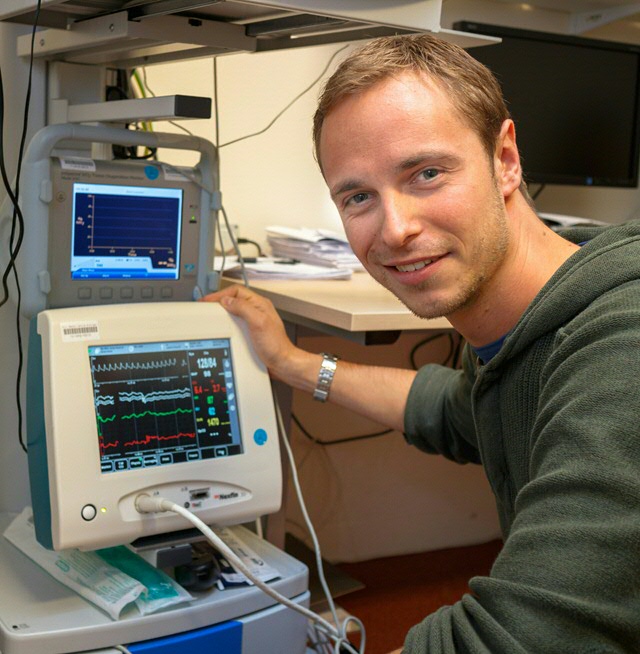The cognitive aspect of the programme particularly interested me as I wanted to gain a deeper understanding of the brain and the applications of AI in various fields.
Pauline Schomaker- Student of the MSc Computational Cognitive Science
I chose to pursue a Master’s in Computational Cognitive Science after completing my Bachelor’s in Information Science, with a minor in Artificial Intelligence, at the Faculty of Arts. The cognitive aspect of the programme particularly interested me as I wanted to gain a deeper understanding of the brain and the applications of AI in various fields.The research-oriented aspect of the programme was something I hadn’t expected, but I found it extremely valuable...
lees verder ...




